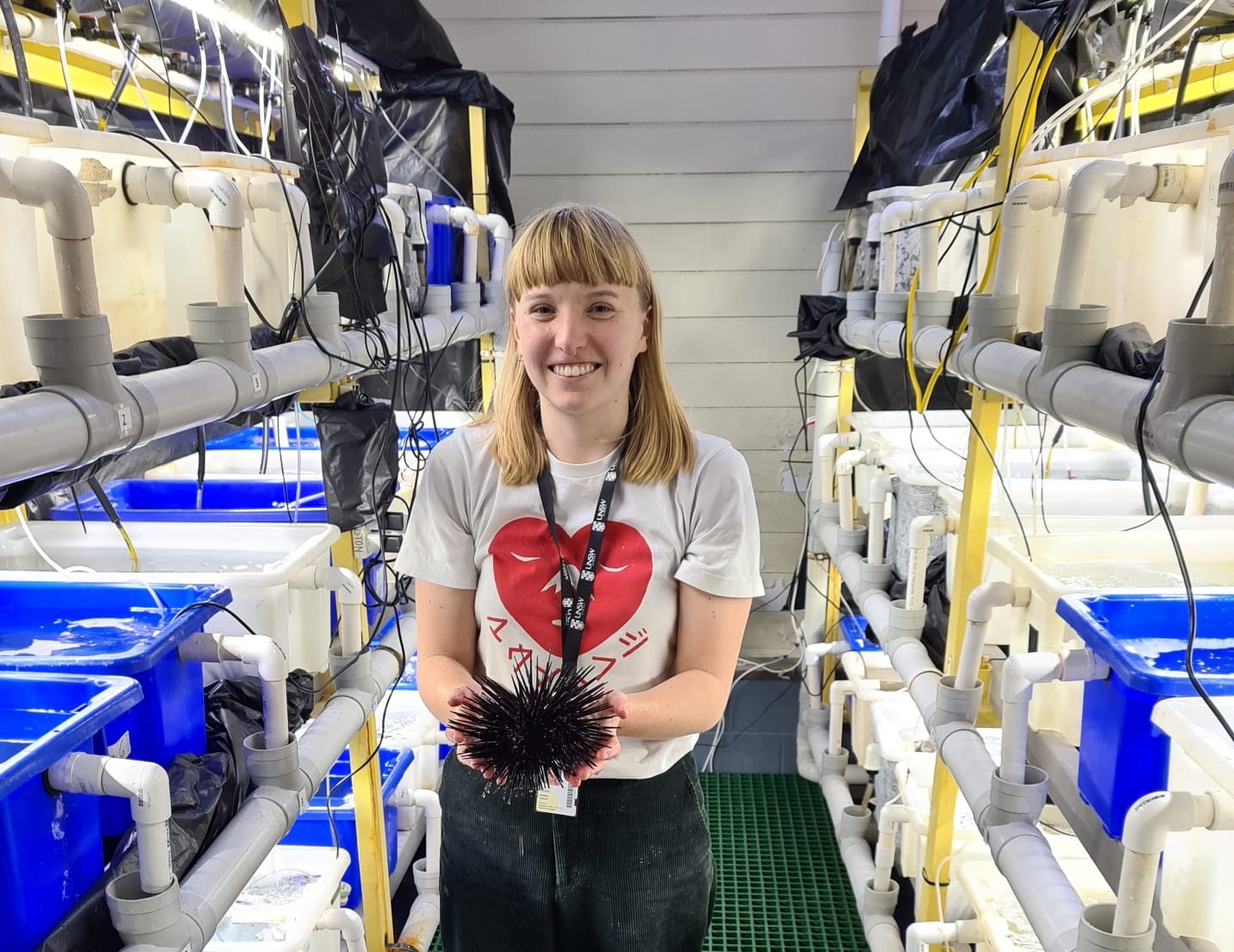Artificial light and warmer water could increase the pressure on our kelp forests from hungry sea urchins
Embargoed until:
Publicly released:
2024-04-17 09:01
Artificial light at night and ocean warming could increase the grazing of sea urchins on kelp forests, putting pressure on these important marine habitats, say Australian researchers. Kelp forests are important habitats that provide food and shelter to a range of marine species, however, they are declining due to increased ocean warming and grazing from animals such as sea urchins. The researchers found that light at night, similar to the levels found at ports and marinas, and ocean warming increased grazing rates of sea urchins. The authors say these artificial light and warmer waters could increase the effects of sea urchins on kelp forests in south-eastern Australia, as these factors are predicted to increase along coastlines in Australia and worldwide.
Journal/conference: Proceedings of the Royal Society B
Link to research (DOI): 10.1098/rspb.2024.0415
Organisation/s: The University of New South Wales, The University of Sydney
Funder: This work was supported by an ARC Discovery Early Career Award awarded to Mayer-Pinto [DE220100308] as well as the Australian
Academy of Science, Thomas Davies Research Grant for Marine, Soil and Plant Biology awarded to Mayer-Pinto in 2022
Media release
From: The Royal Society
Artificial light at night and warming impact grazing rates and gonad index of the sea urchin Centrostephanus rodgersii
Artificial light at night refers to night-time light pollution emitted by humans, and is a growing problem for marine habitats. Kelp forests are important habitats that provide food and shelter to a range of marine species. However, they are declining due to increased ocean warming and grazing by marine herbivores, such as sea urchins. Scientists tested the effects of artificial light at night and warming on the grazing rates and gonad growth of a sea-urchin, Centrostephanus rodgersii, and found artificial light at night and warming increased grazing rates. This finding can inform future management of human impacts on our coastlines.
Attachments:
Note: Not all attachments are visible to the general public
-
The Royal Society
Web page


